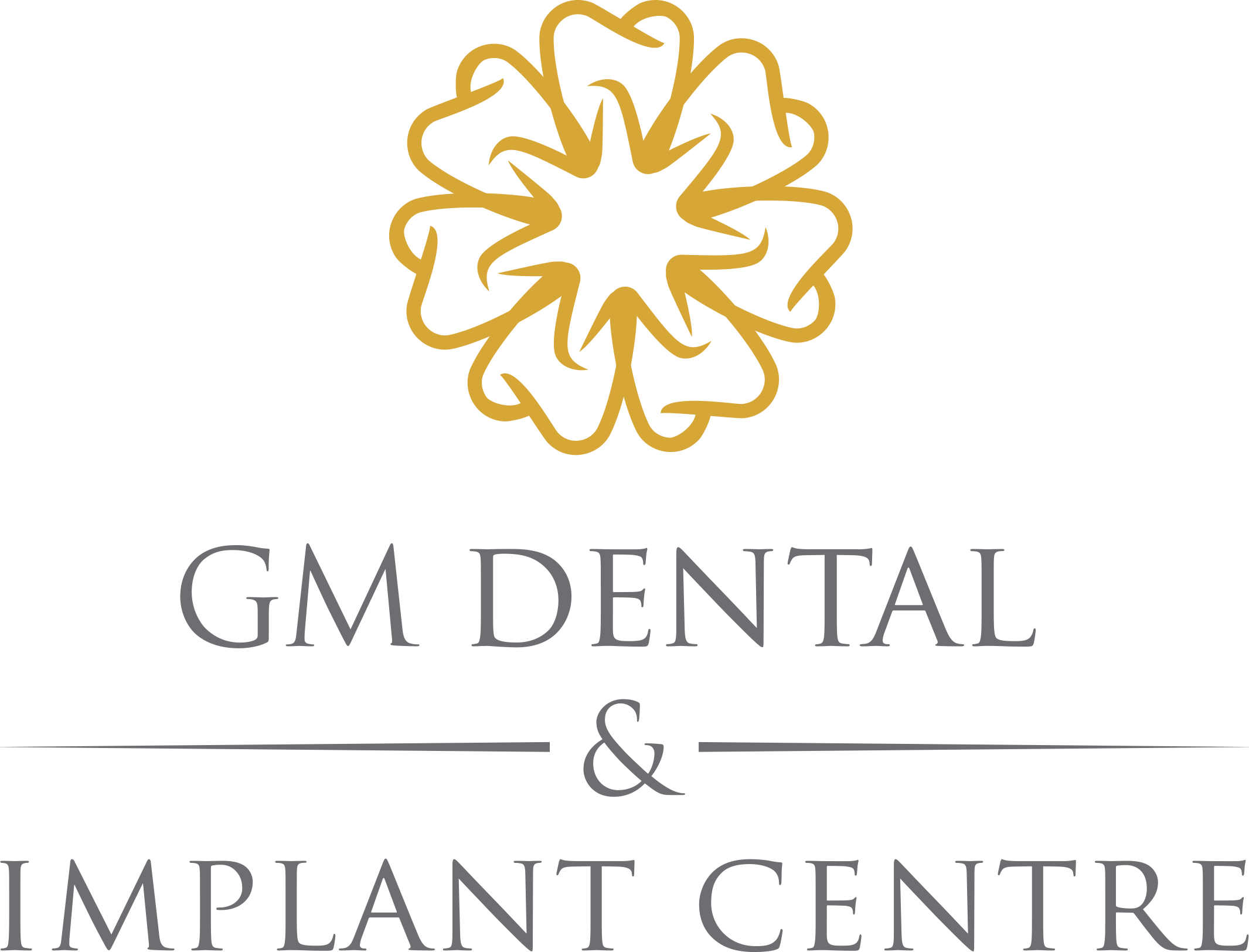Not all toothaches are the same, and it’s often difficult to determine how serious the pain really is. Tooth pain signals can sometimes be inconsistent and don’t always match the severity of the underlying dental issue. Knowing what constitutes a true dental emergency helps you seek timely treatment before problems escalate. Generally, any toothache lasting more than two days should be evaluated by a dentist.
In this guide, we’ll explain what counts as a genuine dental emergency so you can recognise when your toothache requires urgent care. You’ll learn the warning signs to watch for and exactly what steps to take to prevent a dental issue from worsening. Being informed empowers you to take the appropriate measures and get the proper treatment at the right time.
A dental emergency is a sudden and urgent crisis in your mouth, similar to a medical emergency but specifically involving your teeth and gums. It refers to any dental issue that requires immediate professional care to save a tooth, stop bleeding, or alleviate severe pain. The key difference between a routine dental treatment and a dental emergency is the urgent need for intervention. Delaying treatment can worsen the condition and lead to serious complications, so timely action is critical to preserving both oral health and overall well-being.
A knocked-out adult tooth is one of the most time-sensitive dental emergencies. The living cells in the ligament that anchor the tooth begin to die within 60 minutes, so fast action is crucial. If the tooth is handled correctly and reimplanted promptly, it has the best chance of survival.
In adults, a loose tooth may also indicate advanced gum disease, where the bone and ligaments supporting the tooth have weakened. Both situations require urgent dental care.
A dental abscess is a painful, pus-filled pocket at the root of a tooth, usually caused by untreated decay, gum disease, or trauma. If left untreated, the infection can spread to other parts of the body and cause serious health risks. The abscess must be drained by a dentist and treated promptly to prevent complications.
If a filling or crown falls out, you may suddenly feel sensitivity to hot, cold, or sweet foods because the underlying tooth is exposed. Even if it doesn’t hurt immediately, the tooth is vulnerable to decay and further damage. This often happens due to natural wear and tear, a new cavity forming beneath the restoration, or an old filling/crown that no longer fits properly.
When a dental emergency strikes, you need immediate and expert care. At GM Dental, our teams in Barnet, Ashford, and Rochester are ready to provide prompt relief, seven days a week. We understand that pain can’t wait, which is why we offer same-day emergency appointments at all our locations, including evening and late-night slots to get you in as soon as possible.
You can trust our experienced dentists to handle any situation and work to save your tooth while easing your discomfort. If you’re experiencing any of the worrying symptoms mentioned in this blog, contact us for urgent advice. With our help, you’ll have the care you need to protect your oral health and find relief fast.
Back to Blog
“I have just had my dental implants fitted the whole procedure went really smooth,...”
“I had my dead tooth broken so implant was the only option to make...”
“I’ve been struggling with my teeth for many years and I’ve lost hope that...”
“My daughter attended this practice in 2010 and finished her treatment in 2013. The...”
“I was treated here years ago as a teenager and so did a few...”
“My daughter had her orthodontic treatment here over a 3 year period. Dr Coonar...”
* Smilevalley Limited trading as GM Dental and Implant Centre is an Appointed Representative of Chrysalis Finance Limited, which is authorised and regulated by the Financial Conduct Authority. Smilevalley Limited is a credit broker, not a lender. The provider of a payment scheme which is not offered through or by Chrysalis Finance Limited may not be so authorised and regulated.
* G Mehta Ltd trading as GM Dental and Implant Centre Rochester is authorised and regulated by the Financial Conduct Authority. Finance is arranged through Chrysalis Finance Limited. The provider of a payment scheme which is not offered through or by Chrysalis Finance Limited may not be so authorised and regulated.
* GMValley Limited trading as GM Dental & Implant Ashford is an Appointed Representative of Chrysalis Finance Limited, which is authorised and regulated by the Financial Conduct Authority. GMValley Limited is a credit broker, not a lender. The provider of a payment scheme which is not offered through or by Chrysalis Finance Limited may not be so authorised and regulated.
